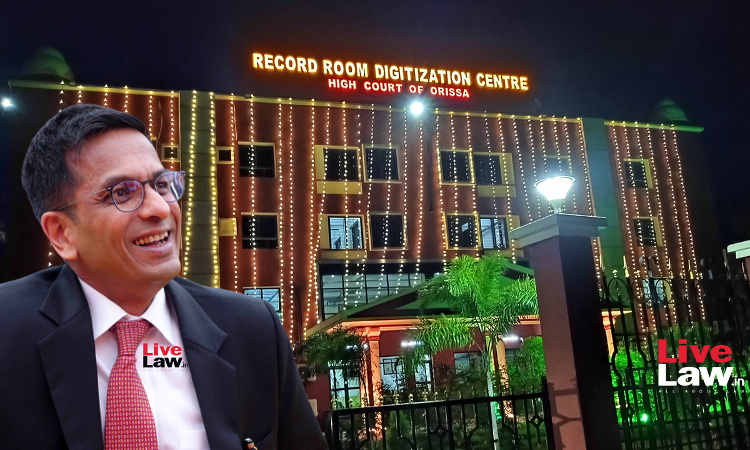Justice Chandrachud Bats For Digitisation Of Court Records, Lauds Orissa High Court Model
Jyoti Prakash Dutta
10 Sept 2022 10:29 AM IST

Next Story
10 Sept 2022 10:29 AM IST
The Orissa High Court observed the 'First Anniversary' of the Record Room Digitisation Centre ('RRDC') on Friday at the Odisha Judicial Academy, Cuttack. The event witnessed the virtual presence of Dr. Justice Dhananjaya Y. Chandrachud, Judge, Supreme Court of India and the Chairperson of the Apex Court's E-Committee as the 'Chief Guest'. Chief Justice of the Orissa High Court Dr. Justice...
